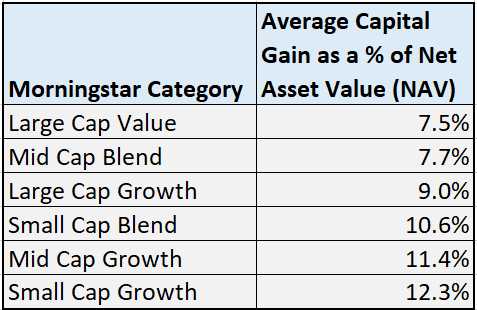The Coronavirus Aid, Relief, and Economic Security (CARES) Act was signed into law on March 27, 2020. This is a $2 trillion emergency fiscal stimulus package to help reduce the economic damage caused by the virus and “stay at home” policies. The following is a summary of the main provisions for individuals.
Recovery Rebates:
- The CARES Act provides for recovery rebate checks of up to $1,200 for individuals with adjusted gross income (“AGI”) up to $75,000 ($2,400 for joint filers with AGI up to $150,000) plus an additional $500 for each child under the age of 17 for US taxpayers through an advance refundable tax credit against 2020 income taxes. There is a phase out of the rebate, which causes a $50 reduction in the rebate for every $1,000 of AGI above these thresholds. For example, individuals with no children having an AGI of more than $99,000 and married couples with no children filing jointly having an AGI of more than $198,000 would be phased out completely and receive no recovery rebate check. The advanced payment of the recovery rebates will be based on the AGI reported on tax returns filed for 2019, and if no such tax return has been filed for 2019, the AGI reported on the 2018 filed tax returns will be used.
- The rebate check will be sent directly to the bank account on file with the IRS for your 2019 or 2018 tax return. If the account is closed or there is no account on-file then a check will be mailed.
- You can receive the rebate if you are retired and receive social security or a pension as long as your AGI is within the limits listed above.
Retirement Accounts:
- Required Minimum Distributions are waived in 2020 for all retirement type accounts (401K, 403B, 457, IRA and Beneficiary IRAs). If you already took part or all of the RMD you might have the option of returning them except for beneficiary IRA distributions.
- We are waiting to hear more details on the charitable contributions that are paid with RMD funds and we will be in contact with those clients that make charitable contributions from their RMDs to let them know their options for 2020.
- Individuals under age 59 ½, may take coronavirus-related distributions from qualified retirement plans (IRA, 401K) of up to $100,000 without the distributions being subject to the 10% early distribution tax. The distributions are still subject to federal income tax, but the tax owed can be spread over three years.
- In order to get these favorable terms, you will have to prove that you were adversely affected by the coronavirus.
Unemployment:
- Regular unemployment payments, which are about 55% of your normal pay are increased by $600 per week for a maximum of 4 months. The benefit period is also extended by 13 weeks. It is normally 26 weeks maximum in California, so it can now go to 39 weeks.
There are also several small business and self-employed benefits provided by the CARES Act. We recommend that you discuss with your accountant or business manager the different options and if you should apply and take advantage of them.
Hope you are staying safe, sane, and healthy!
1307 Hits

